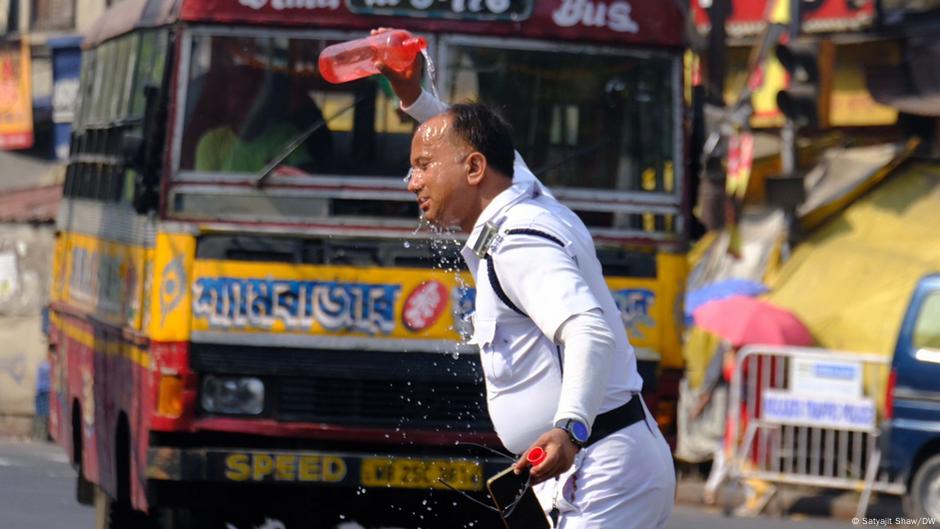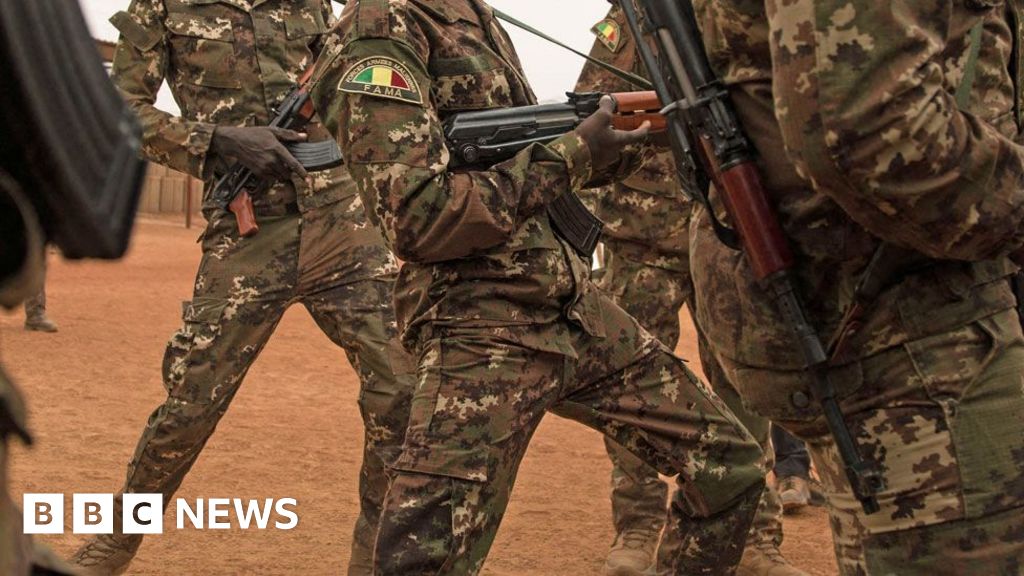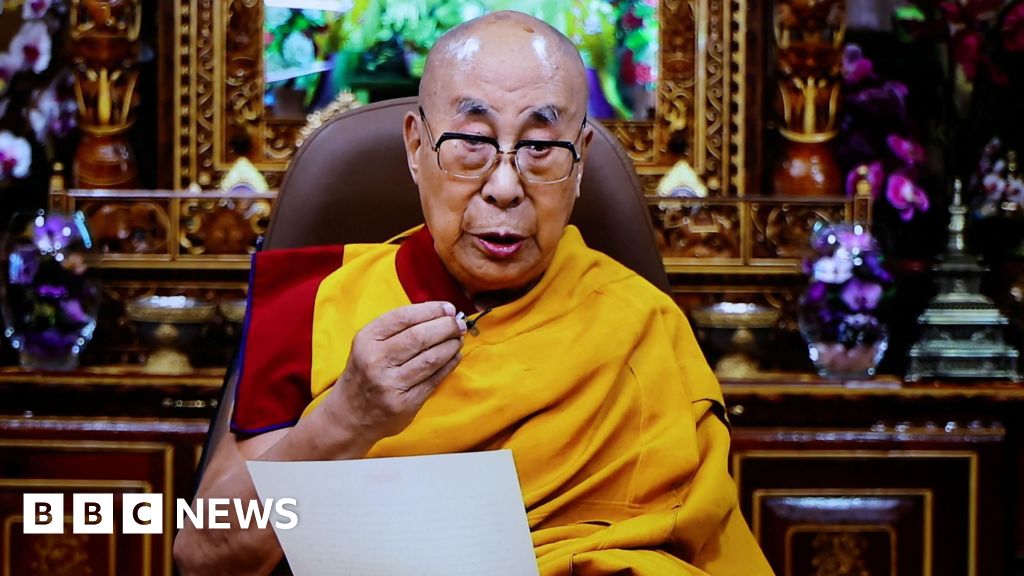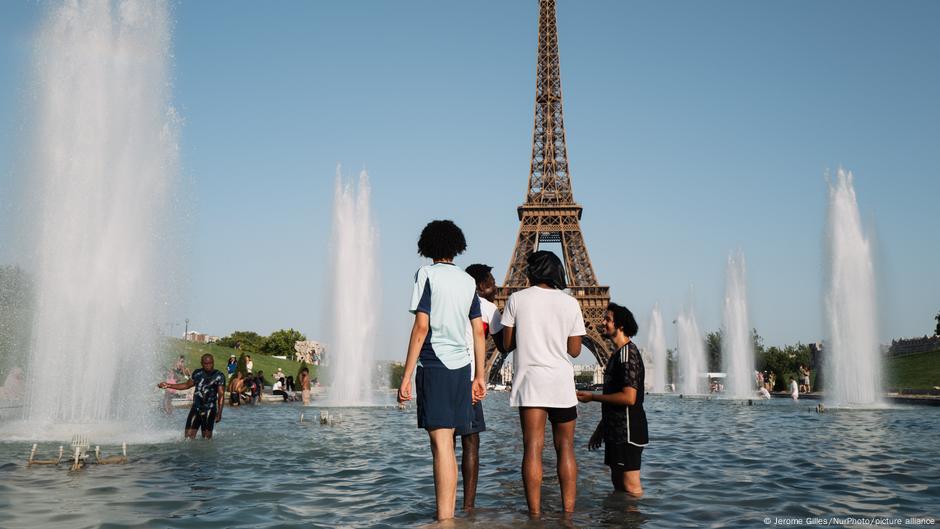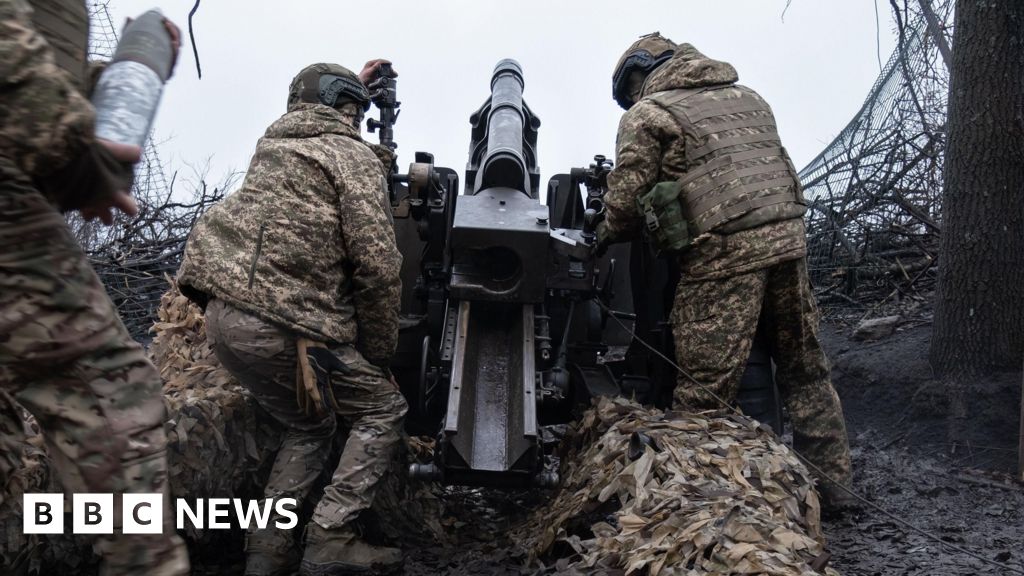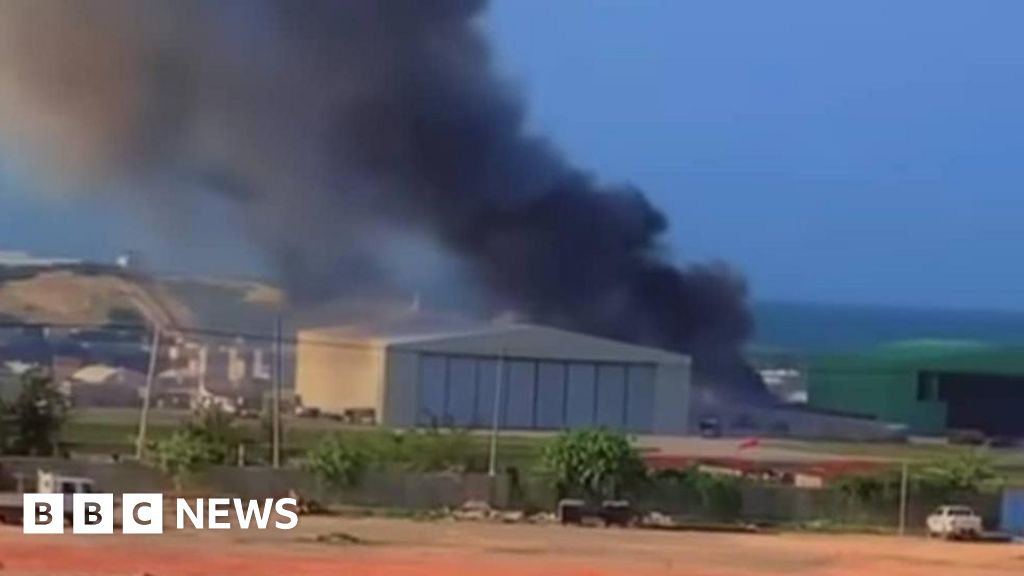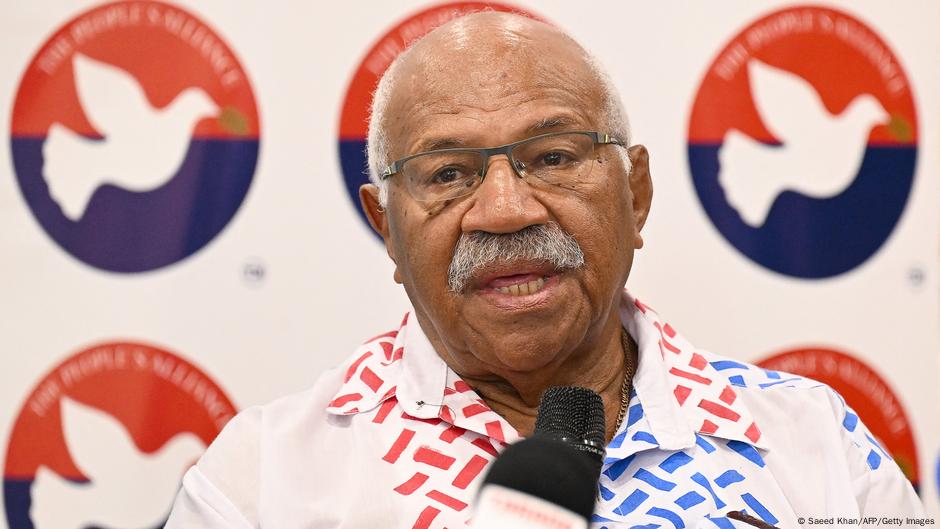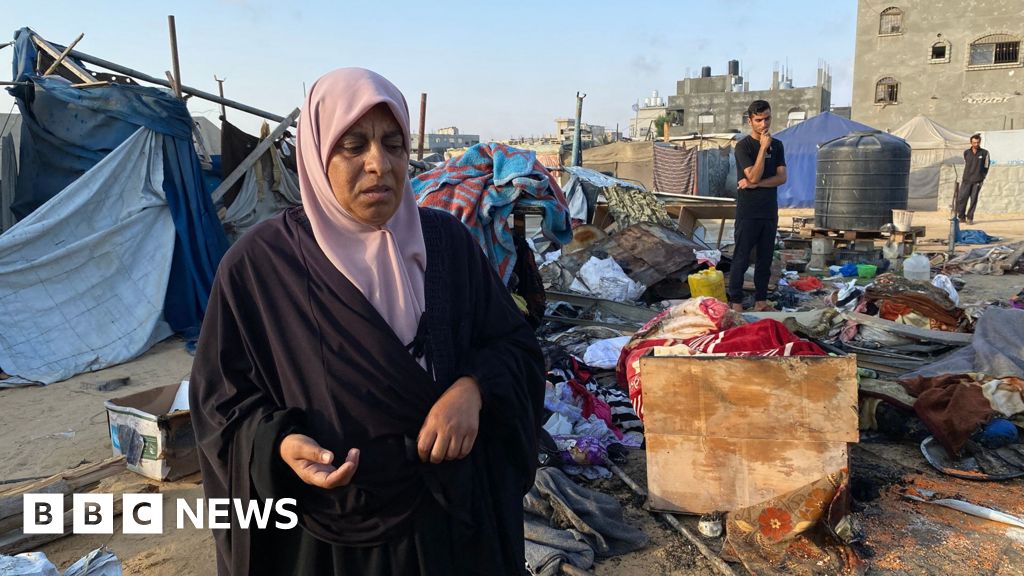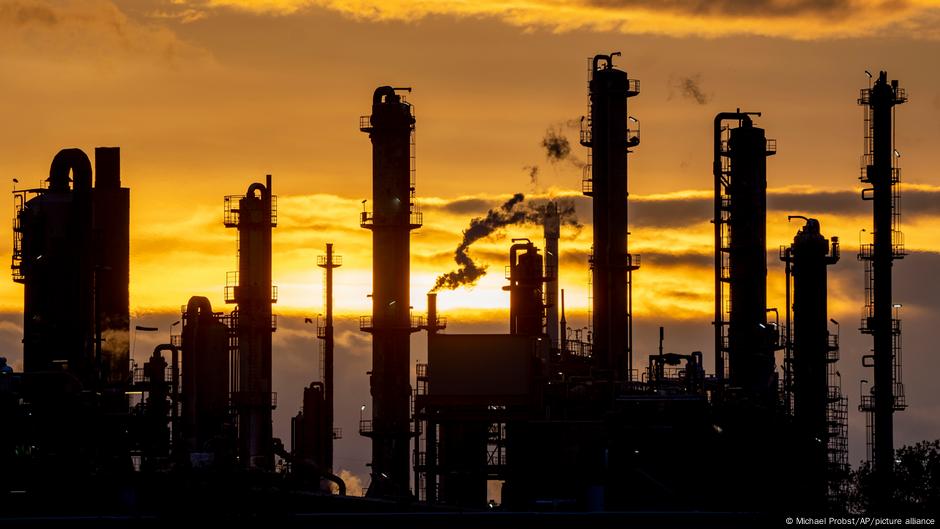ClimateGlobal issues
Extreme heat’s hidden health and economic toll
Sam Baker07/02/2025July 2, 2025
https://p.dw.com/p/4wS3JOutdoor workers in India are exposed to dangerously high temperatures and humidityImage: Satyajit Shaw/DW
In a country of 1.4 billion people — where at least half of the labor force works outdoors and only 10% come home to air conditioning — heat is more than a discomfort. It’s a threat to the economy, livelihoods, and health.
“Heat waves have been increasing in India, spreading into new geographies and occurring earlier than expected,” said Purnamita Dasgupta, Chair Professor of Environmental Economics at the University of Delhi. In such heat waves, temperatures can exceed 50 degrees Celsius (122 Fahrenheit).
As temperatures rise, productivity falls. In 2023 alone, India lost 182 billion potential labor hours to extreme heat, according to the Lancet, a medical journal. By 2030, it could lose the equivalent of 34 million full-time jobs.
Agriculture and construction will be the hardest hit, but the risks go beyond outdoor work. Poorly ventilated homes in densely populated areas trap heat, making it difficult for anyone to recover from the day’s high temperatures.
Some local authorities in India are introducing rules requiring employers to provide shade, breaks, and water in hot weather Image: Priyanshu Singh/REUTERS
Governments are beginning to respond. Some local authorities are issuing rules requiring employers to provide shade, breaks, and water. A few employers are acting independently to restore lost productivity.
“But the reality is that in most cases, productivity does fall,” said Dasgupta. At 35 degrees Celsius, a worker “operating at moderate work intensity loses about 50% of his or her work capacity.”
When scaled across an economy, that decline becomes a massive economic drag.
The global toll of heat on growth
In 2021, heat caused income losses of roughly $159 billion across sectors like manufacturing, agriculture, services, and construction — 5.4% of India’s GDP, according to advocacy group Climate Transparency. Similar losses are projected for countries like Thailand, Cambodia, and Pakistan by 2030.
These losses are particularly threatening for developing nations with ambitious growth targets, like India’s goal of becoming fully developed by 2047.
And the problem is global. Heat-related economic loss is already costing the US about $100 billion a year. That figure is expected to reach $500 billion annually within 25 years, according to US think tank the Atlantic Council. In Europe, heat waves have already shaved 0.3 to 0.5% off GDP. That may not seem like much, but if efforts to adapt to heat lag, losses could increase fivefold by 2060.
Heat and health: A silent emergency
Heat doesn’t just harm economies — it endangers lives. A single day of extreme heat across India leads to an estimated 3,400 excess deaths. A five-day heatwave pushes that number to about 30,000, according to researchers at the University of California, Berkeley.
Europe, the world’s fastest-warming continent, is already experiencing deadly consequences. In summer 2022 alone, high temperatures led to 61,000 excess deaths, many among the elderly.
“We all think of heat exhaustion and heat stroke — see that person collapsing at the end of a long run on a hot day — and those are the obvious ones,” said Dr. Sandy Robertson, an emergency physician in the UK. “But actually, the biggest part of the illness that we get is a couple of days after.”
In India, Dasgupta said low-income workers she interviewed often don’t even make it to a doctor for heat-related illness because they don’t realize they need help. During heat waves in the UK, Robertson sees a spike in stroke victims, respiratory issues, heart attacks — even assault injuries, as violence tends to rise with temperatures. Prolonged heat exposure is also linked to kidney disease, poor mental health, and impaired cognitive function.
Health workers aren’t immune to the heat, either. Many UK hospitals lack air conditioning. When temperatures inside wards exceed 26 C, it leads to overheating events that compromise patient safety, strain staff, and cause equipment failures, including fridges that store lifesaving medicine.
A heat stroke patient undergoes treatment in Chennai, IndiaImage: Pugazh Murugan/ Matrix Images/picture alliance
“We’ve seen hospitals have their IT systems completely crash because they’ve overheated,” said Robertson. “If you’re also facing a busy department and the heat itself, and it’s already a stressful day, the systems that you rely upon to look after your patients going down makes it even more difficult and kind of more chaotic. It turns into a perfect storm.”
Robertson recommends simple protective steps when it gets hot, like checking if medications affect the body’s heat tolerance, looking in on elderly neighbors, and cooling homes by ventilating at night and closing blinds by day.
Designing cities to mitigate the health impacts of heat waves
Stifling, dangerous temperatures that cause emergency departments to fill are more likely in cities. Asphalt, concrete and other urban infrastructure absorb and release heat much more than natural spaces like woodland. In particularly dense cities with few green spaces, this urban heat island effect sends daytime temperatures soaring by up to 7 F (3.9 C) compared to outlying areas.
One way to combat heat’s deadly effects is air conditioning, which can be essential, particularly for vulnerable populations, like the elderly. But if AC runs on electricity from fossil fuels, it contributes to the greenhouse gas emissions heating the planet and worsening the heat waves in the first place. AC also worsens the heat island effect, raising nighttime outdoor temperatures by about 1 C.
Instead, smart design for heat that incorporates lots of green space and other simple hacks are important on the city level, said Nick Rajkovich, an architect and associate professor at the University of Buffalo.
In Seville, Spain, narrow streets create shade and keep temperatures down. Los Angeles has painted its streets white to reflect the heat. In Xiamen, China, green roofs have lowered city temperatures by nearly 1 C.
“We used to plant trees along the streets because it kept horses cool as they pulled wagons,” noted Rajkovich.
Another thing that can help is rethinking building design. Like with city design, looking to the past.
“Before the advent of air conditioning in particular, we did rely a lot more on natural ventilation for buildings,” said Rajkovich.
In the arid southwestern US, Pueblo Indians pioneered a style of architecture with thick walls made of adobe. The mix of mud or clay, sand, and straw absorbs heat by day and releases it at night. The buildings’ flat roofs also collect rainwater. In Burkina Faso, double roofs separated by an air cavity help heat escape and provide shade to entire buildings.
“These are all strategies that we can use to be a lot smarter about how we cool buildings,” said Rajkovich.
Edited by: Jennifer Collins
Charli Shield also contributed reporting to this article.
Could Chennai become a green city by 2050?
To view this video please enable JavaScript, and consider upgrading to a web browser that supports HTML5 video
For more on this topic and on the costs of climate change, check out our Living Planet podcast series. This story is part of ‘The 89 Percent Project,’an initiative of the global journalism collaboration Covering Climate Now.
Sam Baker Audio reporter, editor and presenterSend us your feedback
Sursa: DW
